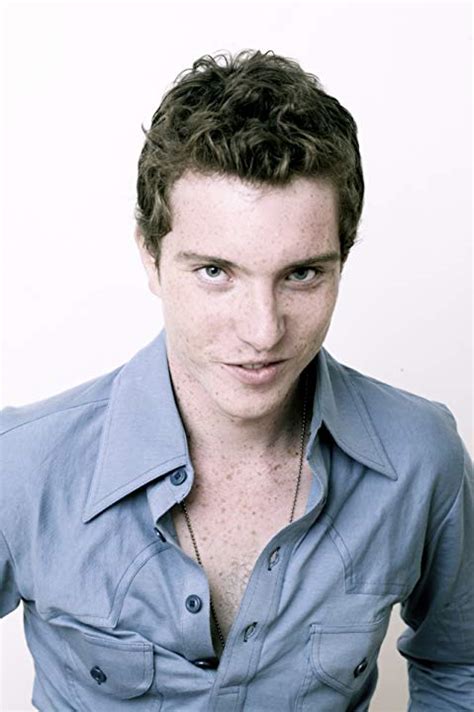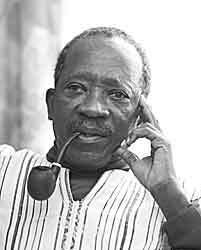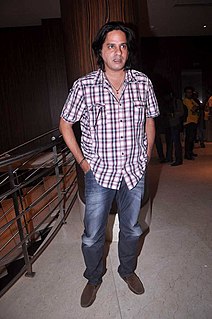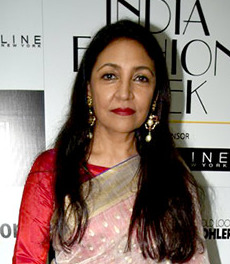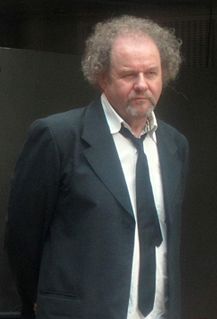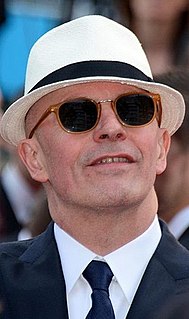A Quote by Edgar Ramirez
I think, for an actor, the whole world is a place of work because if you focus on characters and on stories, they are everywhere, so yeah, I feel very privileged to have had this great opportunities in the international cinema and especially in the American cinema.
Related Quotes
I think what I loved in cinema - and what I mean by cinema is not just films, but proper, classical cinema - are the extraordinary moments that can occur on screen. At the same time, I do feel that cinema and theater feed each other. I feel like you can do close-up on stage and you can do something very bold and highly characterized - and, dare I say, theatrical - on camera. I think the cameras and the viewpoints shift depending on the intensity and integrity of your intention and focus on that.
There's a lot of great writing, and characters, and stories being told in television nowadays. And much more than there used to be. The opportunities to tell stories, because of the opportunities to show content. And so it's drawing actors from cinema, movie actors, actors to where there's a lot of opportunities to where you can tell stories.
Feudal societies don't create great cinema; we have great theatre. The egalitarian societies create great cinema. The Americans, the French. Because equality is sort of what the cinema deals with. It deals with stories which don't fall into 'Everybody in their place and who's who,' and all that. But the theatre's full of that.
I think cinema is needed throughout Africa, because we are lagging behind in the knowledge of our own history. I think we need to create a culture that is our own. I think that images are very fascinating and very important to that end. But right now, cinema is only in the hands of film-makers because most of our leaders are afraid of cinema.
I think that what I learned then, I didn't know I was learning. I just knew that I was very privileged to see somebody who was a writer, a great poet, and very smart-faced. Suddenly Pasolini becomes a director, so he has to invent cinema. It was like watching the invention of cinema. But I found out that Pasolini taught me a lot. It was, especially, the kind of respect that he had for reality. He had kind of epiphanies in his movies, like when a moment becomes full of grace, and it is like as if it was the most important moment in the life of a character.
The representation of gay characters on screen is important for us all to think about because there are sadly too few representations of gay characters on screen in mainstream cinema. If Marvel starts making movies about gay superheroes, then we'll be in a really great place. We're not at that place.
The great thing about cinema is that it's a great binder. It brings people from across the world together, often erasing the lines between geographies, languages, familiarity, and the like. Cinema is art and art, they say, is a reflection of life and society, so the way we tell our stories is the main differentiator for me.






